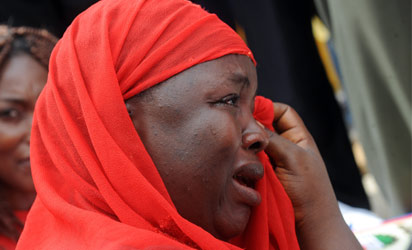
Digital duas and real world action #BringBackOurGirls
This week has seen an uptick in activism – social and on the ground – and awareness raising of the situation of nearly 300 school girls who were abducted by the Nigerian terrorist group Boko Haram last month. Protests have been planned in capitols around the world, a hashtag campaign #BringOurGirlsBack has trended on Twitter, and I’m beginning to see articles and photos in the mainstream press depicting the nature of this tragedy (though some of the framing has been problematic).
Read More


